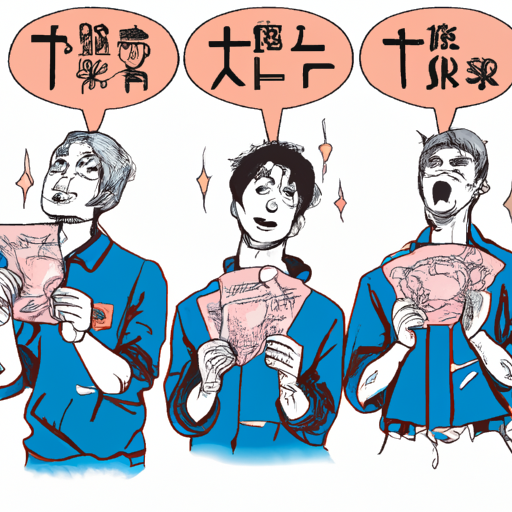The landscape of Japan's economy is facing challenges as debates escalate about a recent increase in minimum wage. Numerous workers express concerns over the consequences, pointing out that the raise isn't necessarily improving their living standards as they've been subjected to much more strenuous working conditions. It's clear that while the government's intention is to stimulate the economy and alleviate poverty, the impact on lower-wage workers seems to be more complicated than initially notated and raises issues that need to be addressed.
Japan's minimum wage hike is a top societal concern and has fueled ongoing debate. This important issue affects numerous citizens, particularly those working minimum wage jobs. Japan uses a system where prefectural labor boards set minimum wages, making the issue vary in different regions. Some groups argue that the increase in pay does not compensate for the higher cost of living and more demanding work conditions. Japanese values of perseverance and hard work can sometimes make such topics more complex and sensitive.
In the US and EU, similar issues often stir controversy as well. However, the conversation usually centers around income inequality and economic polarization, while debates on labor rights and working conditions are less prevalent, or at least less publicized. Governments in the US and EU typically consider the socio-economic landscape extensively before deciding on wage increase, in part due to their welfare-focused social systems.

